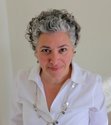To educate children, you need books on the shelves.
I wanted to add a few musings about this article we linked to before Christmas that appeared in the New York Times: Our (Bare) Shelves, Ourselves.
Only because I have been working on this here Library Project for so long, just so you can put something on those shelves (and relieve yourself, as one funny reader commented, of the need to “style” them).
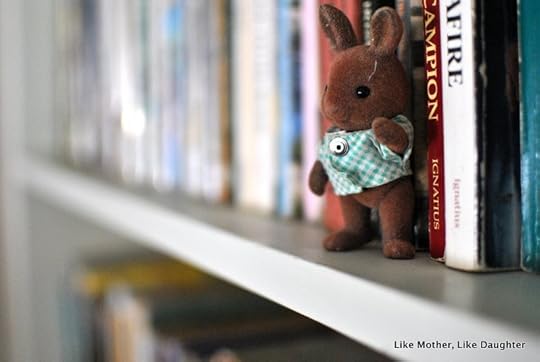
I get a lot of email about homeschooling and how to go about it — so much that I can’t even really settle on a definitive Ask Auntie Leila post to deal with it. It’s not like cleaning your cast iron pans, where if you buy two things you’re all set. (Although, modern life being in thwart mode, one of those things, the strong, flexible metal spatula, is incredibly hard to source. I know, because the one in the photo died shortly thereafter. I only had it for 36 years.)
Sometimes, I end up with this sort of a post, where I attempt the data dump and only end up making your head spin.
What I want to say is this: There is a way to relieve the burden on yourself to be providing the all-too-elusive “complete education” for your children at every moment. And it’s the same solution to the opposite problem, which is resting too much confidence in that school you are sending them to — the one that you may be paying a lot for, but which simply can’t give them the depth of experience with a life lived with books that they need.
For it’s the home itself that is the learning environment; the medium (as well as the message) of their intellectual formation.
Specifically, for today’s thought, the family simply must have actual books on the bookshelves!
(Or in a wooden box.)
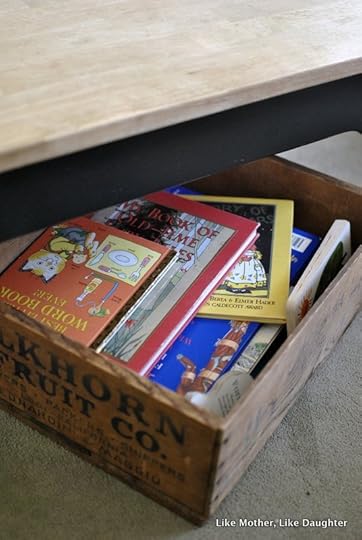
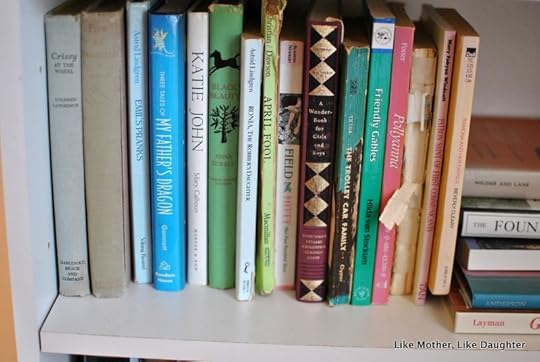
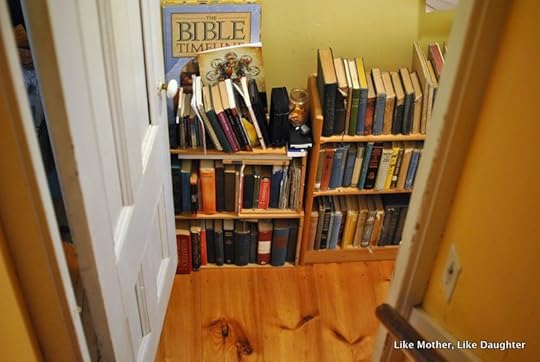
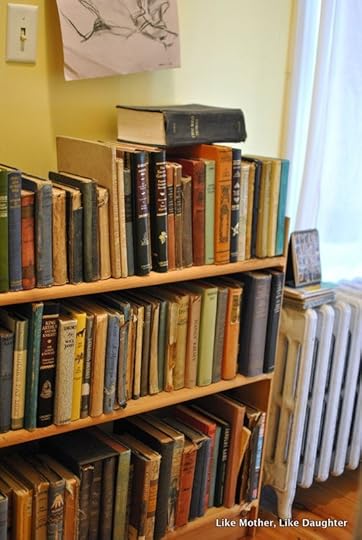
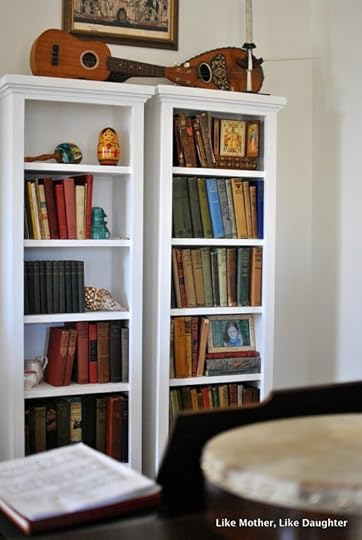
The Times article makes this point:
Amazon Kindle’s Family Library enables two adults in a household to share content with each other and up to four children. But parents must explicitly select which of their books their kids can read. So much for the “casual atmosphere of living in a bookish world.”
Leaving aside the “up to four children” nonsense, and also the very real question of where those books are and whom they belong to, let’s think about how much pressure it puts on you, especially if you are homeschooling (but again, even if you are not, because you’re still not only responsible for educating your children, but undeniably you are meant to be their most influential role model), to in a sense come up with an ongoing, relentless “curriculum” in which you somehow give your child the right book at the right time — all the time.
It’s not possible. It’s not desirable. It’s not normal.
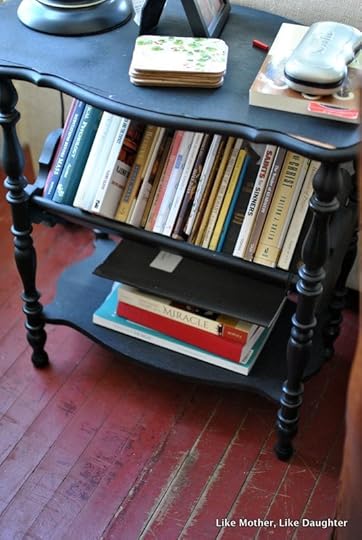
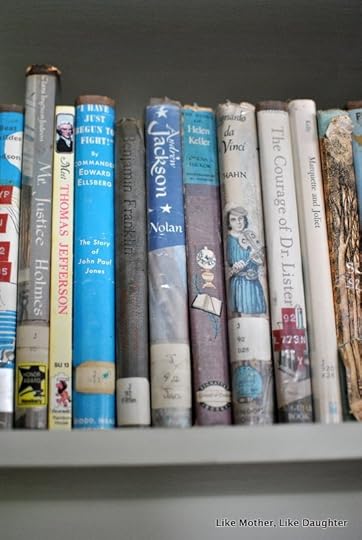
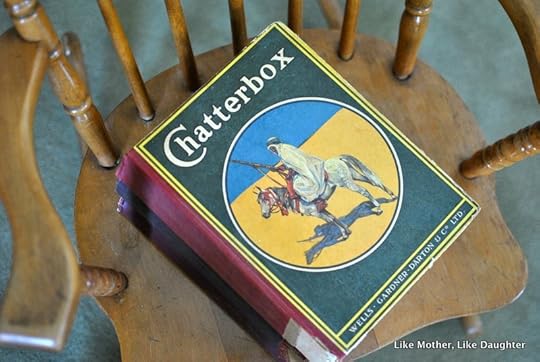
Yet somehow, between the disappearance of bookstores, perhaps, and maybe even the ubiquity of that sort of new home that doesn’t have many walls (open-concept living doesn’t have much room for bookcases, I think), but most of all because of the socially engineered gap in the collective memory, I see a lot of parents attempting what I consider to be impossible: Raising children without books.
Sometimes I’m in a home where there is plenty of new furniture and everything is neat and tidy — but there are no books! And I truly wonder, “How is it that you are homeschooling? How do you do it?”
Think of it this way. If you have all sorts of books, you are outsourcing your task of teaching the children everything — which is a pretty good idea. What a relief! And that leaves you free to pursue your own interests. In turn, pursuing your own interests leads to a richer environment in the home, which furthers the education of the children.
I do actually think that it’s possible to learn a lot in a serendipitous way online. There’s no question that you can search for the answer to one question and end up in many possible different enchanting places. You can also (and especially if you are young) end up in a lot of desperately awful places — in a way that you simply can’t in the home library (and couldn’t back in the day in the public library, but that’s another issue).
For a good fundamental education, one actually doesn’t need a vast library, but one does need the habit of picking up a book. Reading doesn’t necessarily come easily. The physical book has an allure that rewards the beginnings of the habit — there is a pleasure in the materials that the book is made of, its illustrations, its binding, that will be lost if everything is leveled to bytes, no matter how useful the virtual product can sometimes be.
I know the difficulty is in having the confidence to commit. Hence, the Library Project — and I discuss how to discern which books you ought to be owning, as well as which ones to avoid. Rosie has a nice post about a Saturday spent book-hunting — you’ll get the idea!
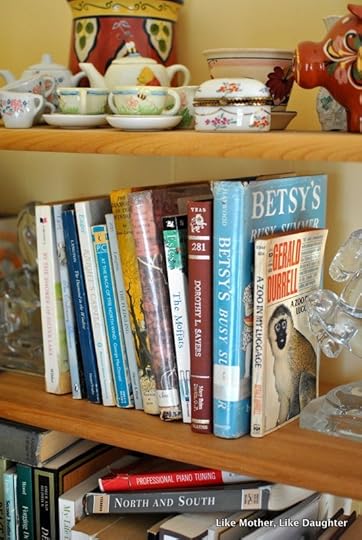
It’s true — you may end up with some awfully random volumes, like “Professional Piano Tuning.” And after a decade or two, things might not be in the right categories. But consider the advantage. At any given moment, your child can be reading about, well, any good thing. Anything at all.
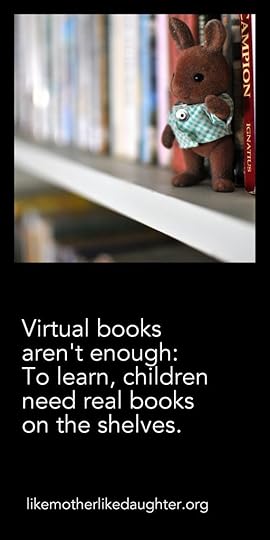
What is the Like Mother, Like Daughter Library Project?
The post To educate children, you need books on the shelves. appeared first on Like Mother Like Daughter.

